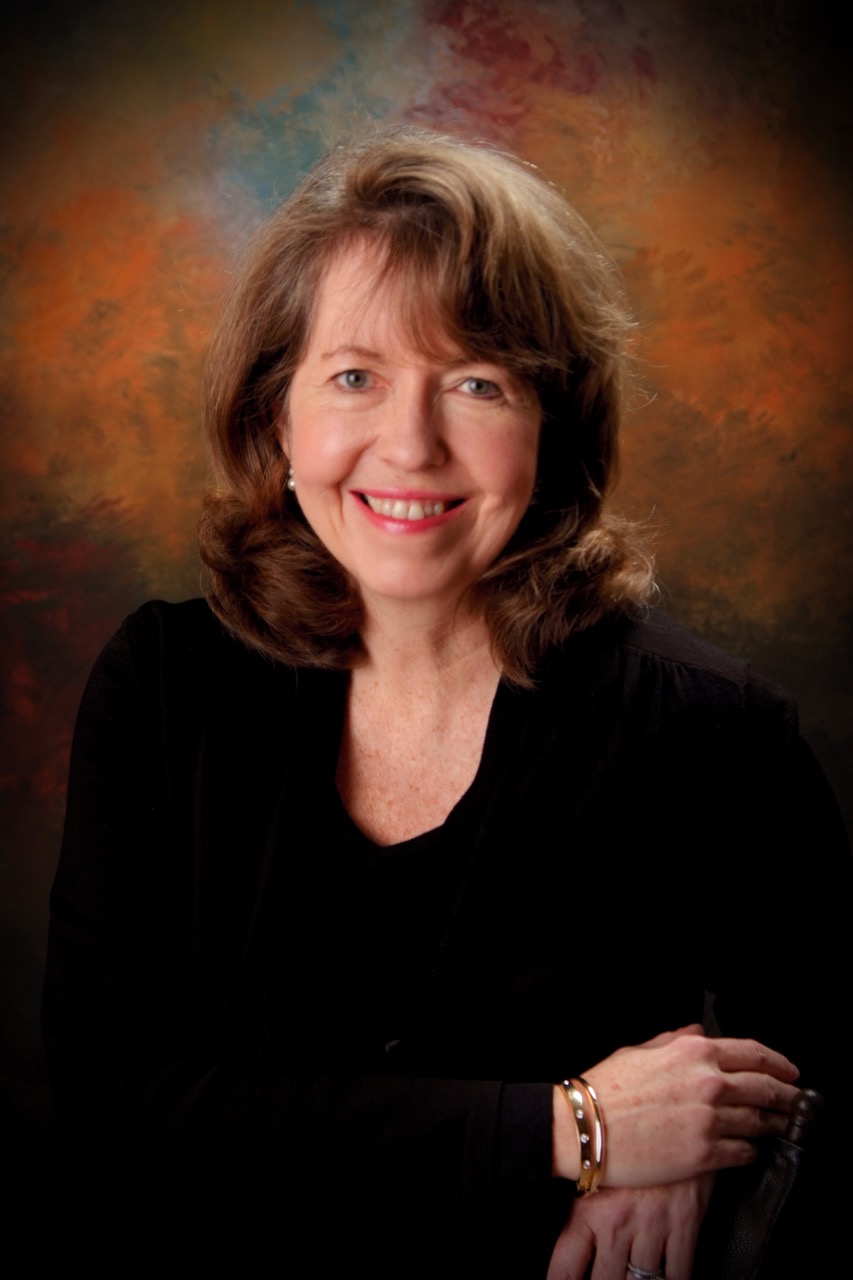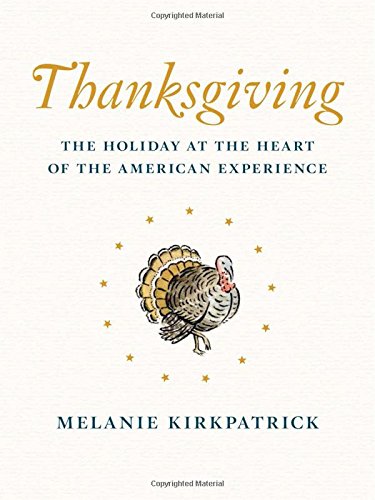Chattanooga area author, historian and journalist Jim Frierson recently interviewed author Melanie Kirkpatrick about the American Thanksgiving tradition.
Q: For a nation torn by a presidential election and a community reeling from a school bus tragedy, has your newly published appreciation of Thanksgiving appeared just in time?
A: I think you're right. It is coming at the right moment. This year's Thanksgiving occurs in the wake of an unusually fractious election, probably the most divisive one in my lifetime. In Chattanooga, there's the added sadness of the many schoolchildren who were lost or critically injured in that awful accident this week.
Yet our history shows that Thanksgiving can be a healing moment. We witnessed that effect in the aftermath of President John F. Kennedy's assassination, which occurred only days before Thanksgiving in 1963.
So, too, with our first Thanksgiving of World War II, when President Franklin D. Roosevelt read his Thanksgiving proclamation on radio. He included the full text of the 23rd Psalm, "The Lord Is My Shepherd," and declared Thanksgiving as a day of prayer.
The Thanksgiving celebration of 2001 provided comfort and solace to New Yorkers and all Americans.
This year's Thanksgiving can serve as a welcome moment to remember what unites us, not what divides us.
Q: What makes Thanksgiving so uniquely the "holiday at the heart of the American experience?"
A: Thanksgiving is America's oldest tradition, dating back to the famous three-day harvest feast in 1621 enjoyed by the 53 surviving Pilgrims and 90 warriors of the Wampanoag Confederation. It's also connected with pivotal moments in American history. George Washington proclaimed our first national Thanksgiving in 1789, his first year in office. Abraham Lincoln revived that tradition in 1863, setting the date of observance on the last Thursday of November. The decisive Civil War battles in Chattanooga occurred in the preceding days.
It's a homegrown holiday, like the Fourth of July. And it is a quasi-patriotic event. Thanksgiving proclamations usually end with the date expressed in both the current year - as well as in the number of years elapsed since the Declaration of Independence in 1776.
Founding Father Benjamin Franklin called Thanksgiving a day of "public Felicity," a time to express gratitude "for our full Enjoyment of Liberty, civil and religious."
Q: George Washington's first Thanksgiving proclamation asserted "the duty of all Nations to acknowledge the providence of Almighty God." Yet our third President, Thomas Jefferson, felt constrained by the Constitution and refused to issue a Thanksgiving proclamation. He saw it as a religious holiday and therefore beyond the purview of the president. In retrospect, was he simply being deferential to the states, or was he too cautious?
A: Probably the latter. The Constitution doesn't ban religious speech. In any case, Thanksgiving proclamations - following Washington's example - have been religiously inclusive. Every annual proclamation mentions God. It's clear Thanksgiving welcomes Americans of all faiths, and of none.
That openness hasn't always been the case with gubernatorial proclamations, however. Gov. James Hammond's proclamation in 1844 called only on South Carolina's Christians to celebrate Thanksgiving. Charleston's historic Jewish community felt wrongfully excluded and openly refused to celebrate Thanksgiving. An article in a Jewish publication argued that no South Carolinian should be required to choose between one's faith and "joining a universal thanksgiving for benefits which we all have received." The state's next governor wisely reversed Hammond's exclusion.
Q: Your newly published book is a refreshing blend of pioneering journalism, indelible public and family rituals, college football traditions and historically authentic recipes. What spurred your interest in retelling this story, one that we thought we already knew?
A: I became interested in the history of Thanksgiving in 2001. I had been in downtown Manhattan on Sept. 11 and watched the towers fall. Like so many others in the wake of the terrorist attacks, I was motivated to learn more about what it means to be American.
In my case, I began by reading "Of Pilgrim Plantation" by longtime Plymouth governor William Bradford. His description of Thanksgiving blew me away. It was a scene that would be familiar today: feasting, games, fellowship and gratitude. Wanting to learn even more, I researched the deeper history of the holiday.
Q: Thanksgiving seems "quintessentially American," yet it has been embraced by immigrants and other peoples with no ties to the holiday's Pilgrim and Native American origins. How do you explain that appeal?
A: Historian Samuel Eliot Morison famously wrote in 1937 that the Pilgrims are the "spiritual ancestors of Americans whatever their stock, race or creed."
I certainly found that lineage to be true when I visited Newcomers High School in Queens, N.Y., a few days before Thanksgiving. In my book, I describe teenage immigrants who were about to celebrate their first Thanksgiving.
These kids felt a personal connection to Thanksgiving. A boy from Bangladesh eloquently expressed his feelings about the Pilgrims, saying his story and theirs were " very much alike. Both groups suffered in their mother country and arrived in the United States with a new hope in [their] heart, a new dream in [their] eyes."
For these students, the Pilgrims' story mirrored their own experiences, and they exuberantly claimed the Thanksgiving holiday as their own. Their experience is repeated over and over again by new arrivals to our country.
Melanie Kirkpatrick is a writer based in Connecticut and a senior fellow at the Hudson Institute in Washington, D.C. She contributes reviews and commentary to various publications, including the opinion pages of The Wall Street Journal, for which she worked for many years.


